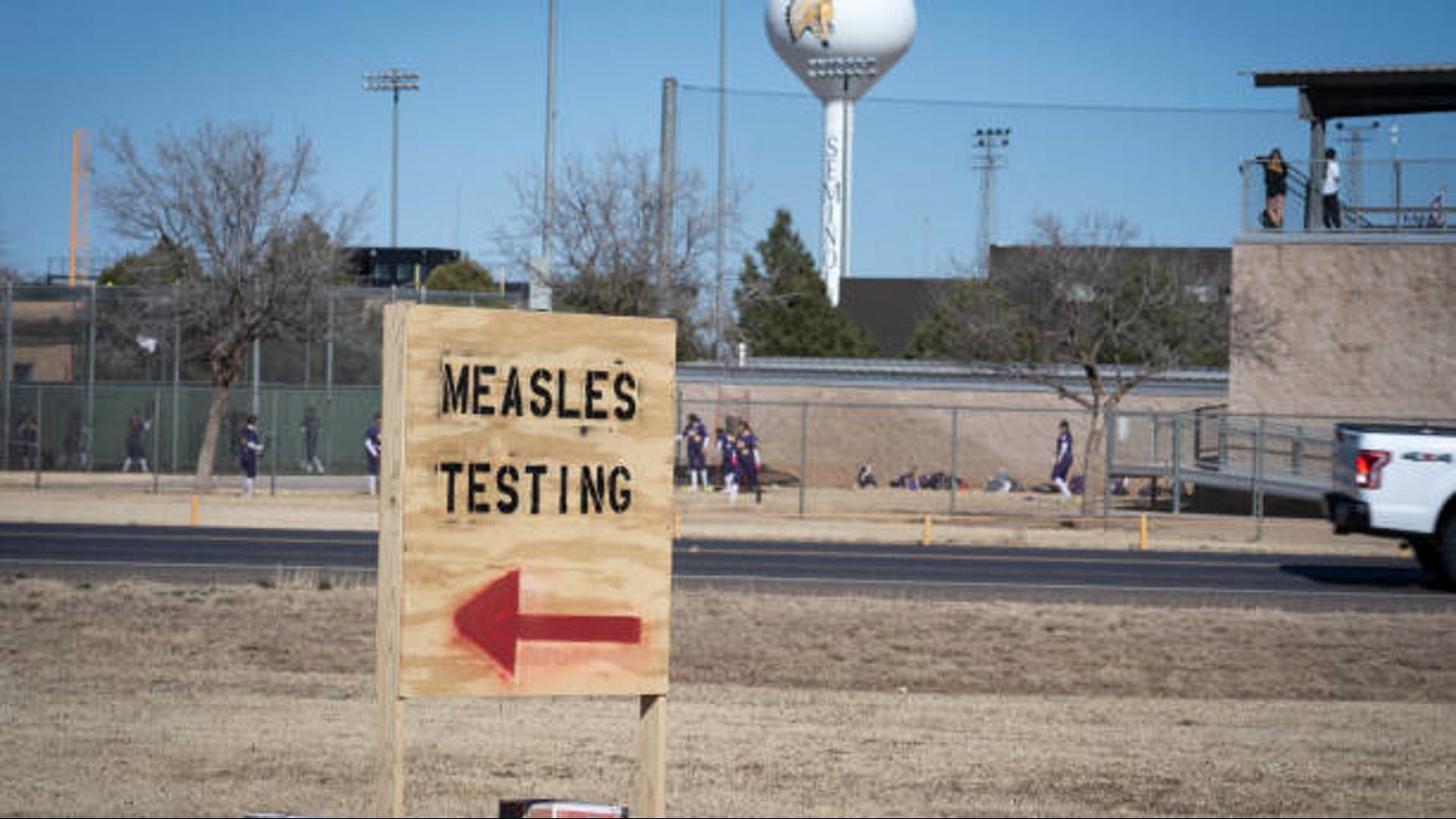Measles outbreak in US has 'hit a plateau,' CDC says

The measles outbreaks that have sickened at least 1,227 people across 36 states may be hitting a plateau, Centers for Disease Control and Prevention officials said Wednesday, June 25.
The Advisory Committee on Immunization Practices (ACIP) met for the first time on June 25 after Health and Human Services Secretary Robert F. Kennedy, Jr. fired all 17 original members on June 9, replacing them with members that critics have called unqualified. Some of the members, like Kennedy, have a history of anti-vaccine sentiments, prompting backlash that had experts and organizations calling for a delay in the meeting.
The new ACIP met anyway on Wednesday for the first part of a two-day meeting. During this time Demetre Daskalakis, Director of the CDC's National Center for Immunization and Respiratory Diseases, provided updates on communicable disease outbreaks the CDC is currently monitoring in the U.S. Of all confirmed measles cases, he said, 89% of them are associated with the outbreak, which was centered heavily in the southwest, with Texas reporting 750 cases across 35 counties and New Mexico reporting 81 total cases as of June 25.
"There's some really good indicators that we have hit a plateau, the cases are definitely decreasing," he told the committee. "As we are seeing fewer cases in the southwest, we continue to see global introductions come into the U.S., which thankfully to date have mainly been short, terminal trains of transmissions as opposed to more sustained transmissions we saw in the southwest."
Overall risk to the U.S. population is low, he said, though health agencies will continue to watch transmissions and communities at higher risk closely.
Bird flu update
Daskalakis also briefly spoke on the bird flu outbreak, which in 2024 transmitted to cows for the first time in known history. Over 1,000 herds have been diagnosed with H5N1 since and 70 cases have been reported in humans, though transmission to humans is rare.
"We are seeing overall a decrease in the number of infections that are being detected in non-human mammals and in birds," he said, adding that increased milk testing conducted by the U.S. Department of Agriculture has allowed for earlier detection in herds. "The effect of that is, to date, we have had no new human cases in 15 weeks."
Risk to the general public remains low.